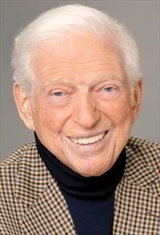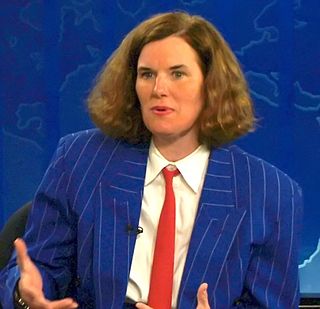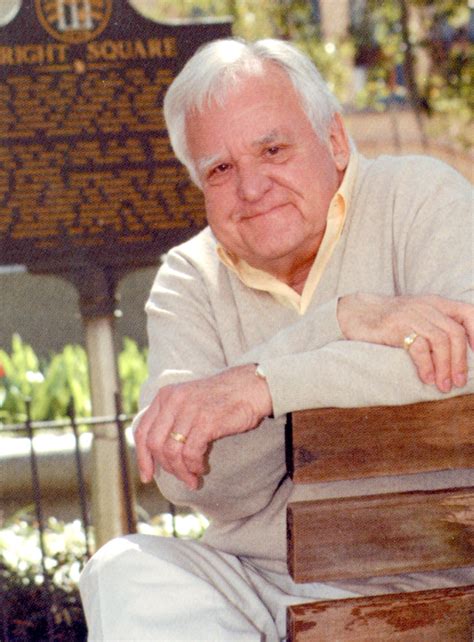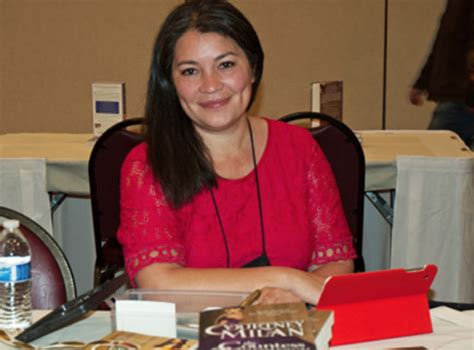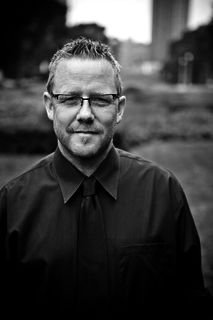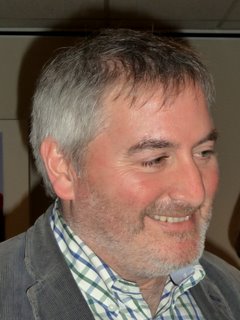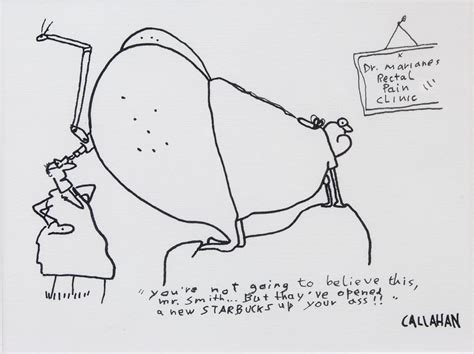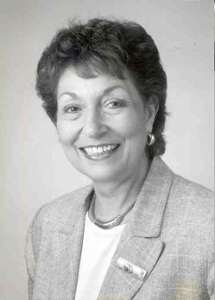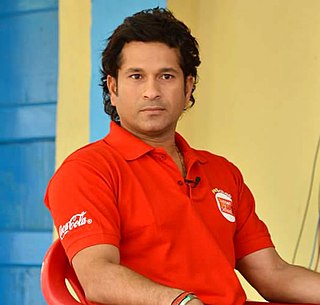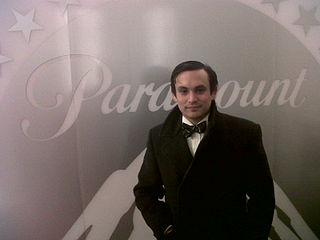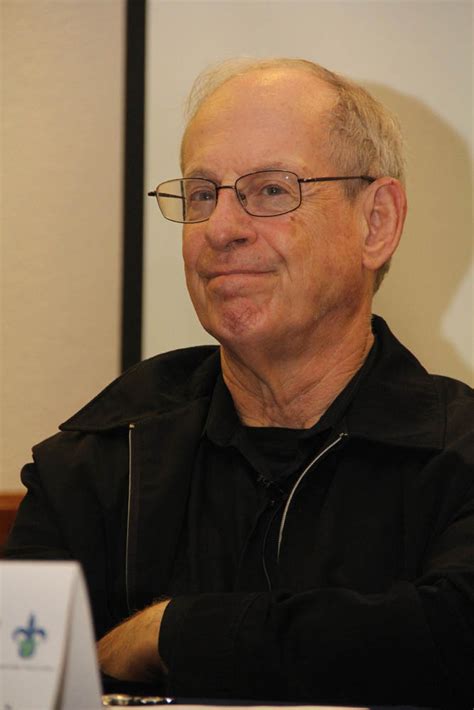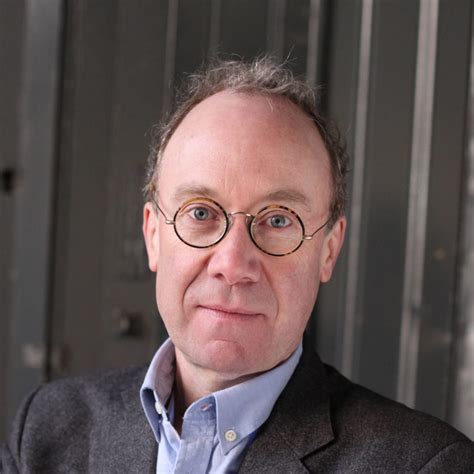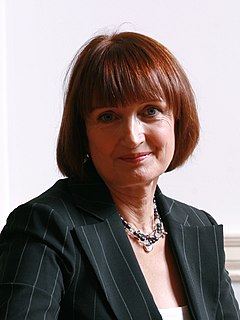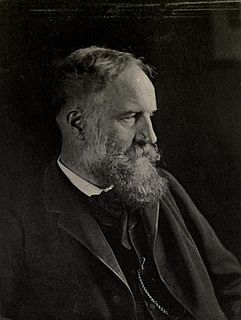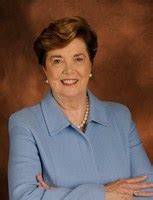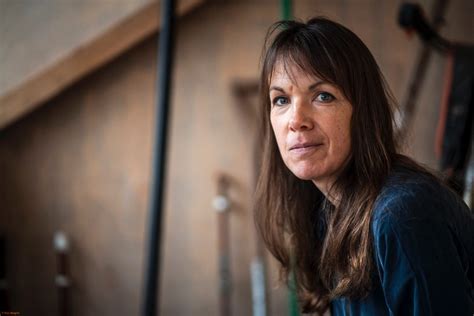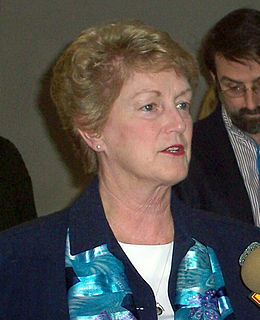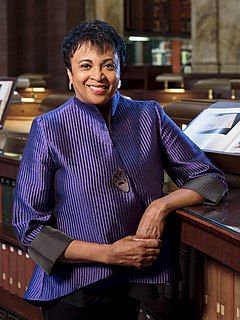Top 1200 Libraries And Reading Quotes & Sayings
Explore popular Libraries And Reading quotes.
Last updated on April 14, 2025.
It's funny that we think of libraries as quiet demure places where we are shushed by dusty, bun-balancing, bespectacled women. The truth is libraries are raucous clubhouses for free speech, controversy and community. Librarians have stood up to the Patriot Act, sat down with noisy toddlers and reached out to illiterate adults. Libraries can never be shushed.
I have always had a special affinity for libraries and librarians, for the most obvious reasons. I love books. (One of my first Jobs was shelving books at a branch of the Chicago Public Library.) Libraries are a pillar of any society. I believe our lack of attention to funding and caring for them properly in the United States has a direct bearing on problems of literacy, productivity, and our inability to compete in today's world. Libraries are everyman's free university.
Today, if you have an Internet connection, you have at your fingertips an amount of information previously available only to those with access to the world's greatest libraries - indeed, in most respects what is available through the Internet dwarfs those libraries, and it is incomparably easier to find what you need.
I had a mother who walked to the library with me, and you can't walk to a lot of libraries in San Antonio because - guess what? - there are no sidewalks, except in the neighborhoods. And they're across big boulevards, and it's so hot, you can't even walk to the corner. So things like that affect how children can get to libraries. So there are a lot of things involved.
Libraries are not just for reading in, but for sociable thinking, exploring, exchanging ideas and falling in love. They were never silent. Technology will not change that, for even in the starchiest heyday of Victorian self-improvement, libraries were intended to be meeting places of the mind, recreational as well as educational.
NC LIVE has the potential to give citizens across North Carolina immediate access to the rich array of information resources housed by the libraries on UNC's 16 campuses. It will allow unprecedented collaboration and sharing of resources among sister UNC institutions, the community colleges, and the state's public libraries.
One potential long-term problem with many current digital libraries is that they grew out of and aresupported by bricks-and-mortar libraries. Although there is nothing inherently wrong with that arrangement, inreality it creates a potentially dangerous situation that I call "the other digital divide."
When the function of libraries is put in terms of their contributions to the community, people see their centrality. The challenge to us is to continue to help them see it in those terms to describe our larger purposes. We must assert that libraries are central to the quality of life in our society; that libraries have a direct role in preserving democratic freedoms. Free access to information and the opportunity of every individual to improve his or her mind, employment prospects, and lifestyle are fundamental rights in our society.
Andrew Carnegie loved libraries; he knew their importance to an educated society and as anchors to our communities. And so, just as some loyal baseball fans travel to attend games at all 30 major league stadiums, over the last decade or so, I have slowly, casually, visited Carnegie libraries whenever I am on the road.
As a shy, introverted, scholarly child (long ago) I don't know what I would have done without libraries! My family moved often. I was always the new kid in town. The library always offered me my first and most important friendship: the place where I felt right at home. I still feel that way today, about libraries.
We like to say the Internet is the ultimate library. But libraries are libraries because people come together and fund them through taxes. Libraries actually exist, all over the country, so why is it such a reach to imagine and to someday build a public institution that has a digital aspect to it? Of course the problem is that libraries and other public services are being defunded and are under attack, so there's a bigger progressive struggle this plays into.
Libraries are the future of reading. When the economy is down, we need to make it easier for people to buy and read books for free, not harder. It is stupid to sacrifice tomorrow's book buyers for today's dollars, especially when it's obvious that the source in question doesn't have any more dollars to give you.
There is only one way to read, which is to browse in libraries and bookshops, picking up books that attract you, reading only those, dropping them when they bore you, skipping the parts that drag-and never, never reading anything because you feel you ought, or because it is part of a trend or a movement. Remember that the book which bores you when you are twenty or thirty will open doors for you when you are forty or fifty-and vise versa. Don’t read a book out of its right time for you.
Libraries are at a cultural crossroads. Some proffer that libraries as we know them may go away altogether, ironic victims of the information age where Google has subverted Dewey decimal and researchers can access anything on a handheld device. Who needs to venture deep into the stacks when answers are but a click away?
If this nation is to be wise as well as strong, if we are to achieve our destiny, then we need more new ideas for more wise men reading more good books in more public libraries. These libraries should be open to all — except the censor. We must know all the facts and hear all the alternatives and listen to all the criticisms. Let us welcome controversial books and controversial authors. For the Bill of Rights is the guardian of our security as well as our liberty.
Now, many public libraries want to lend e-books, not simply to patrons who come in to download, but to anybody with a reading device, a library card and an Internet connection. In this new reality, the only incentive to buy, rather than borrow, an e-book is the fact that the lent copy vanishes after a couple of weeks.

